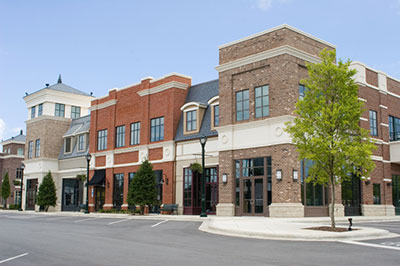The oil and gas industry is a major employer throughout the southwest. Indeed, over 50,000 people in Oklahoma work in the production industry, with countless others in related sectors. Neighbor Texas has over 220,000 industry employees. Given the considerable industry size, the risk of employment liabilities, namely workers’ comp risks remain prevalent. All industry leaders should implement the strictest workplace safety standards at drill sites. What are these? What are some simple steps you can take today to make a site safer?
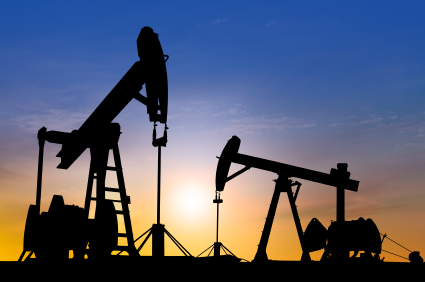
Common Injury Risks at Drill Sites
Oil is a dangerous commodity if mishandled. Likewise, harvesting it requires considerable manual labor and an exposure to potentially-harmful hazards. Without following precautions, employees could sustain grievous injury from a sudden mishap.
Some of the common injury threats at your drill site might be:
- Burn risks from fire, explosion or toxic exposure
- Amputation risks stemming from mishandled equipment
- Fall and slip risks, either from heights or on wet surfaces
- Head injury risks from falling objects, falls or other incidents
- Poison risks, again from toxic exposure
If you can imagine an accident, chances are it can happen on your rig. Therefore, observe every possible safety precaution to keep your employees safe.
Protecting Your Employees
To reduce employee liabilities at drill sites, take a two-tiered approach. First, you must abide by all industry, OSHA and other legal safety practices. Second, it’s often a good idea to promote your own safety regulations on top of individual mandates.
- Employees must wear safety gear, no exceptions. These might include harnesses, hard hats, masks, eyewear and other items. Often, fire-retardant clothing will also come in handy.
- Ensure that all employees have proper training for their respective tasks. Employees should not undertake tasks that they do not understand.
- Carry workers’ compensation insurance. Most employers in Oklahoma must offer this coverage, though some exceptions exist. The coverage will help you compensate employees injured or made ill while on the job. Talk to your agent about your need for workers’ comp risks. Furthermore, consider other policies like general liability, EPLI insurance and personal injury coverage.
- Place security warnings throughout the drilling area. Make sure any machinery has a warning label and instructions on how to use it.
- Clean up any spills immediately and isolate any machine damage if it occurs.
Don’t forget, in the end, to foster a system of security and safety for employees themselves. They should receive adequate training in safety procedures to protect themselves and keep an eye out for potential hazards. A secure working environment will likely go a long way towards reducing liabilities.

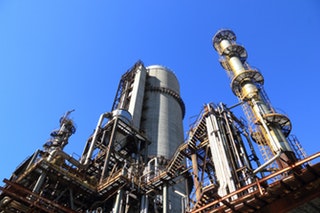 Oil and gas businesses occupy a lot of unique properties, from rigs to refineries. However, most also occupy standard office space in some capacity. This space, like all the rest, will pose liability risks to your customers. Though you might focus on insuring the liabilities of high-risk areas, you must also do so for spaces like your office. You can often start obtaining coverage through a general liability insurance policy. What’s this coverage? Why is it so important to carry this coverage?
Oil and gas businesses occupy a lot of unique properties, from rigs to refineries. However, most also occupy standard office space in some capacity. This space, like all the rest, will pose liability risks to your customers. Though you might focus on insuring the liabilities of high-risk areas, you must also do so for spaces like your office. You can often start obtaining coverage through a general liability insurance policy. What’s this coverage? Why is it so important to carry this coverage?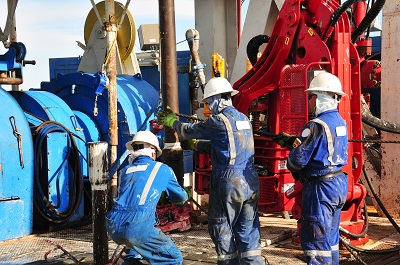
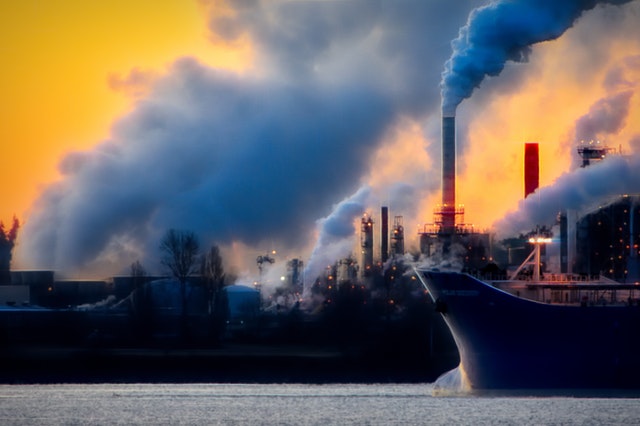
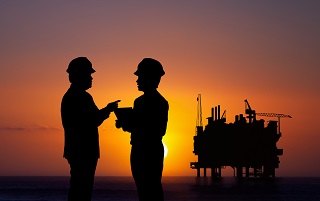
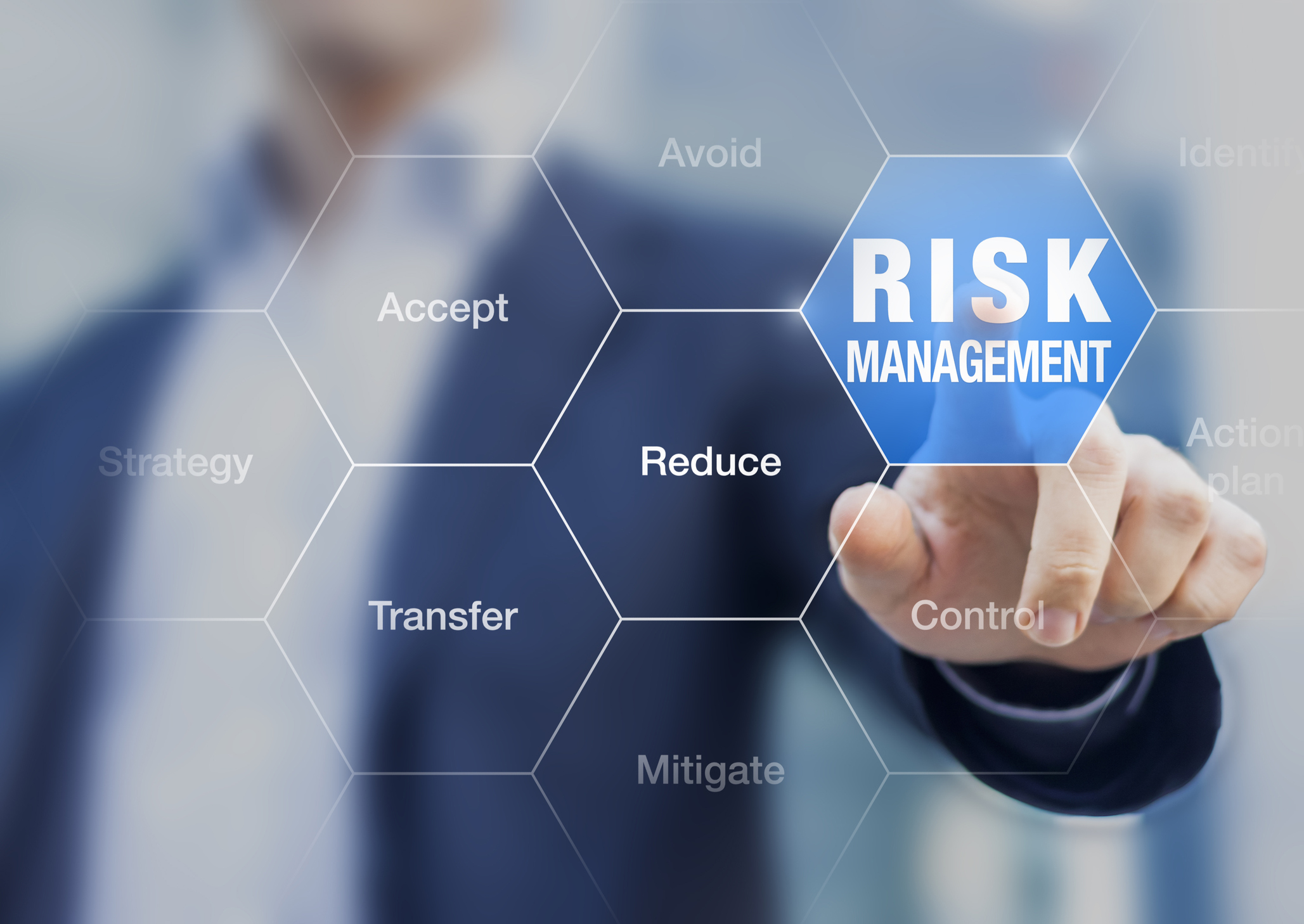 Oil and gas industry operators deal with an expensive and dangerous commodity. As a result, they’ve got to do what they can to keep accident risks low. Proper risk management, therefore, must play into standard operating procedure. Why is this important? What are some of the things you can do in your business to make it safer?
Oil and gas industry operators deal with an expensive and dangerous commodity. As a result, they’ve got to do what they can to keep accident risks low. Proper risk management, therefore, must play into standard operating procedure. Why is this important? What are some of the things you can do in your business to make it safer?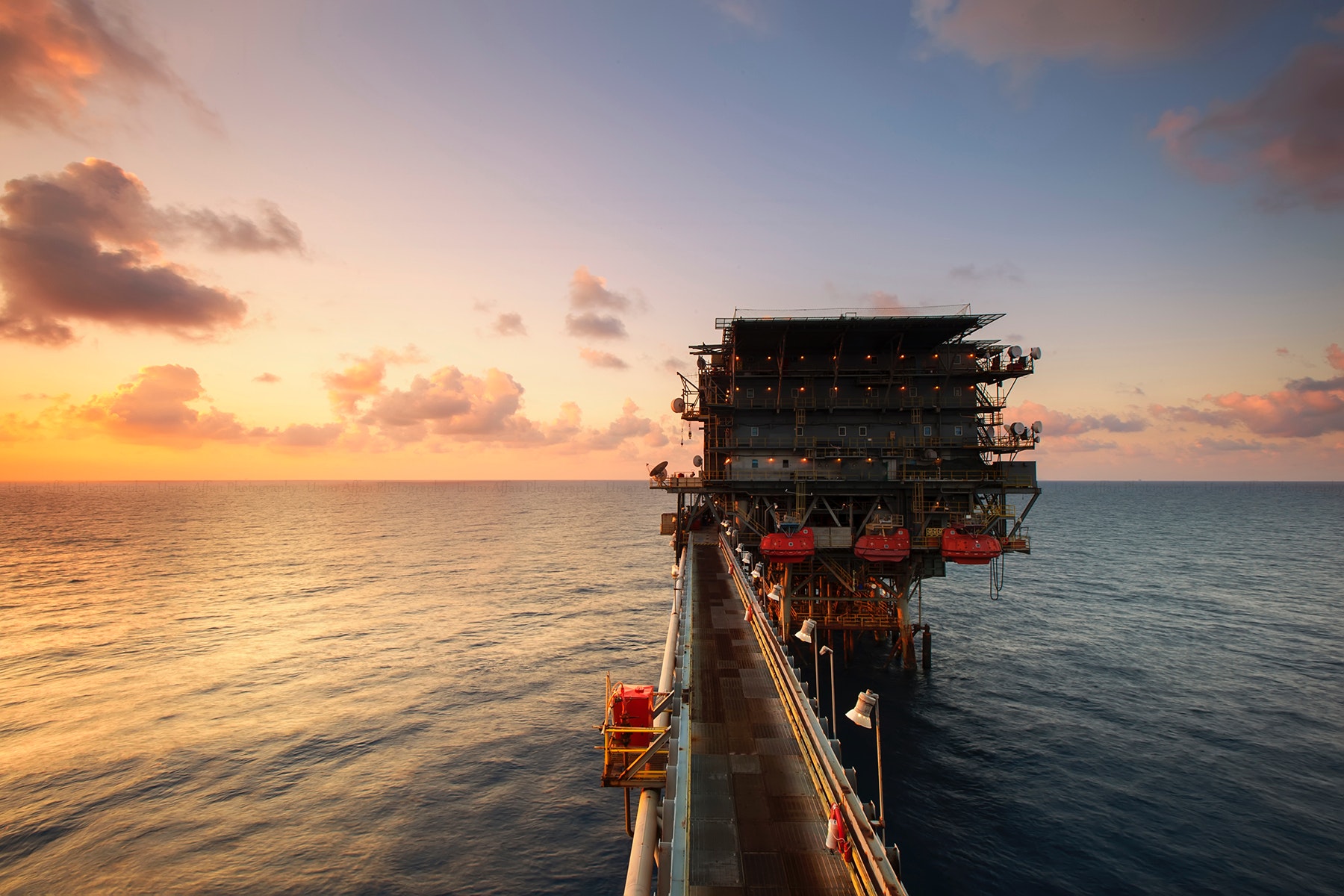 workers’ compensation. Whether you run oil rigs or refineries, there’s a chance for injuries. What are some of these, what can you do to prevent them?
workers’ compensation. Whether you run oil rigs or refineries, there’s a chance for injuries. What are some of these, what can you do to prevent them?